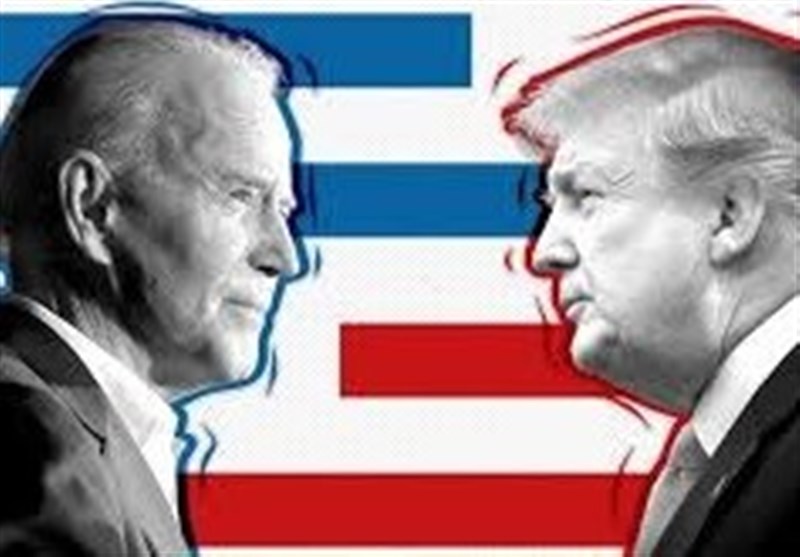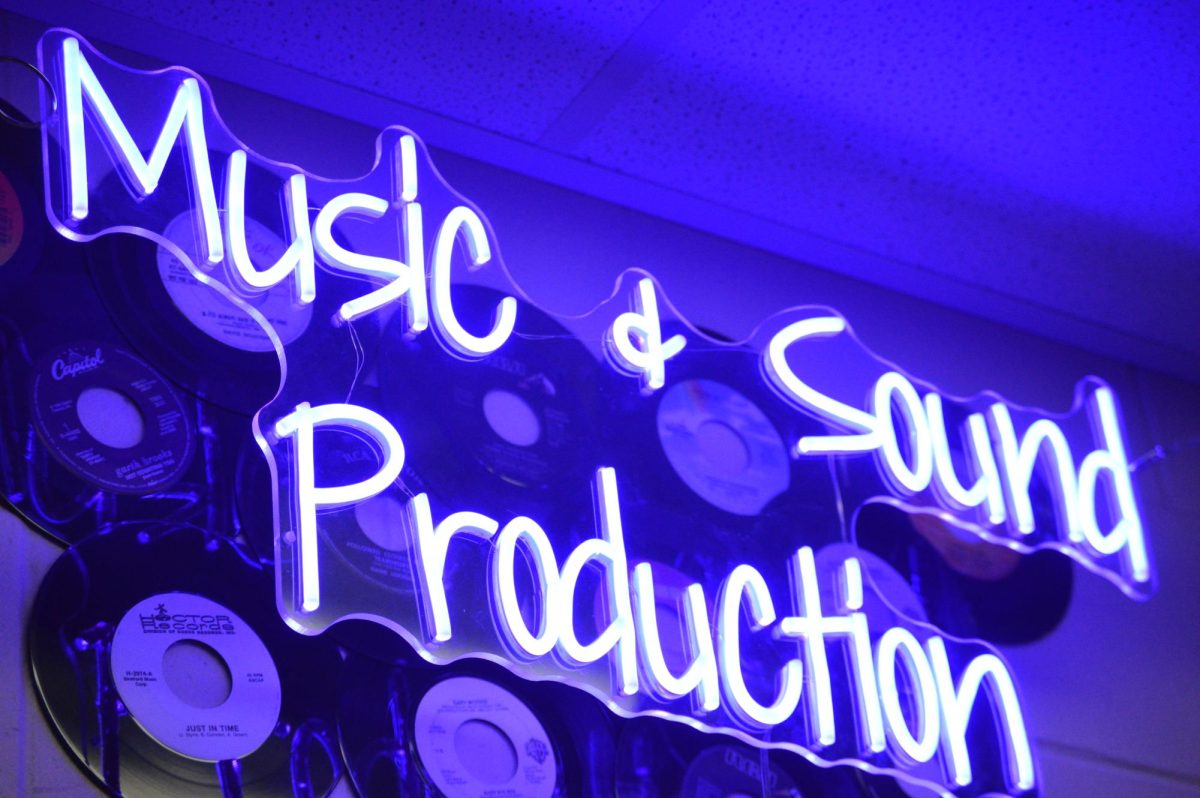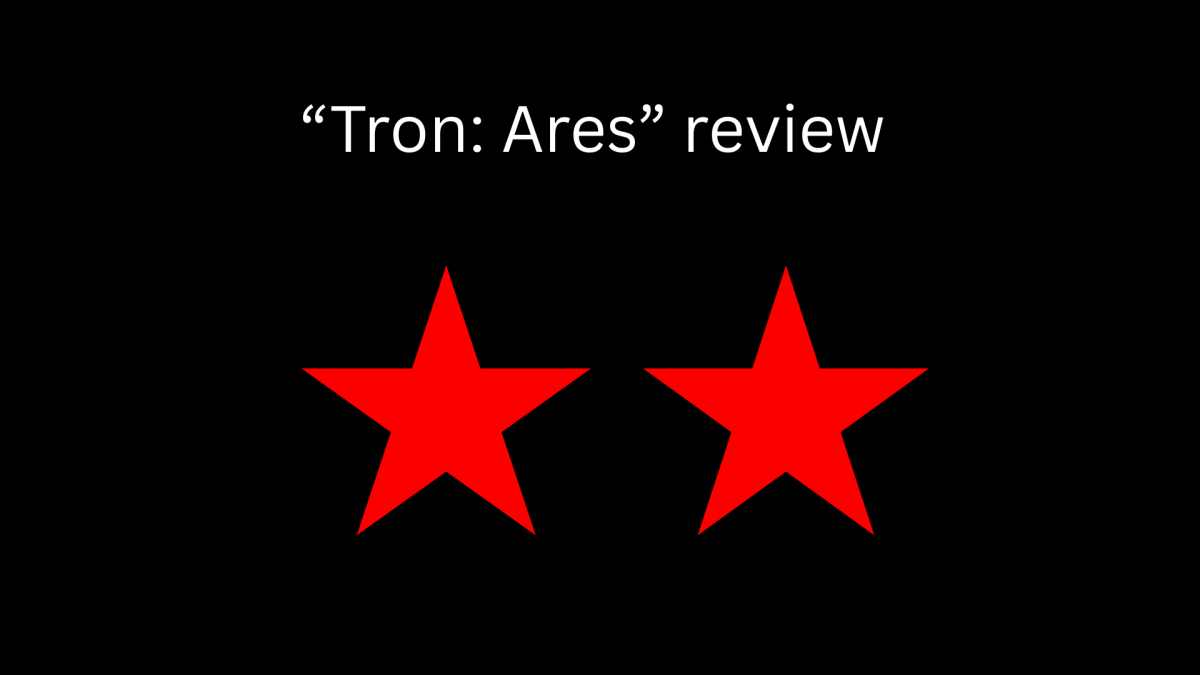Debates fail to help voters in current format
Photo used with permission of Tasnim News.
Joe Biden and Donald Trump will face off one last time tonight in Nashville after a contentious, rowdy first debate.
October 22, 2020
Despite the high viewership, quotable moments and general drama that the First Presidential Debate provided, it failed on a variety of levels. It failed to remain a civil and coherent discussion, it failed to be organized or rational and it failed to accomplish its true goal: to deliver a discourse to the American people to allow them to accurately and fairly assess the views of the different candidates. It is my desire, albeit potentially unachievable, to have the second of these debates be a better discussion, for the sake of the country.
Per FiveThirtyEight, three out of five Americans viewed presidential candidate Joe Biden’s performance during the first debate as either “somewhat good” or “very good”, while one out of three Americans believes the same of president Donald Trump’s performance. Although these percentages, at least for Biden, roughly correspond with the overall percentages of party alignments, they are nonetheless dismal results when discussing a debate that is intended to inform and assist the American public. A debate in which the overall approval percentages are so exceedingly low is a sign of a flawed system, and one that does not have the best interests of the American people in mind.
The first debate was an unproductive endeavor for other reasons, as well. CBS reported that the debate drew approximately 73 million viewers. For comparison, the first of the 2016 presidential debates drew a record 84 million viewers. The diminished audience of this debate is yet another sign of its unproductivity and invalidity. Viewership is not of the utmost importance, but it is important that the debate that partially determines the presidential election is viewed by as many people as possible.
Additionally, the debate resulted in no overall change in voter intent for viewers, per Ipsos, a leading public opinion specialist company. The presidential debates are intended to inform the American people and cement their voting decisions. Instead, the first debate left Americans with questions and doubt, which resulted in virtually no change in voter intent. While a change in voter intent is not the only measure of a successful debate, it would at least show that it was productive and worthwhile to partake in. It is my hope that, in the second debate, a more positive discussion is held.
There are methods to resolve these issues that plagued the first debate and have an improved second debate. First, as widely suggested, a muted microphone function could be utilized in order to ensure that neither candidate speaks over the other. The moderator of the debate could be better prepared to redirect the conversation to guarantee that the debate remains on-topic and productive. There are several ways to remedy the problems that were present in the first debate, and it is my hope that these are employed in the second debate, for the sake of the American people.









